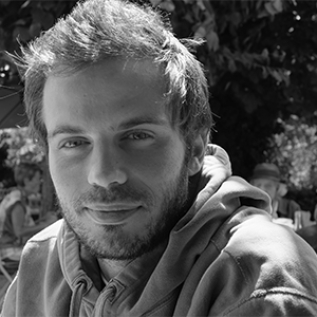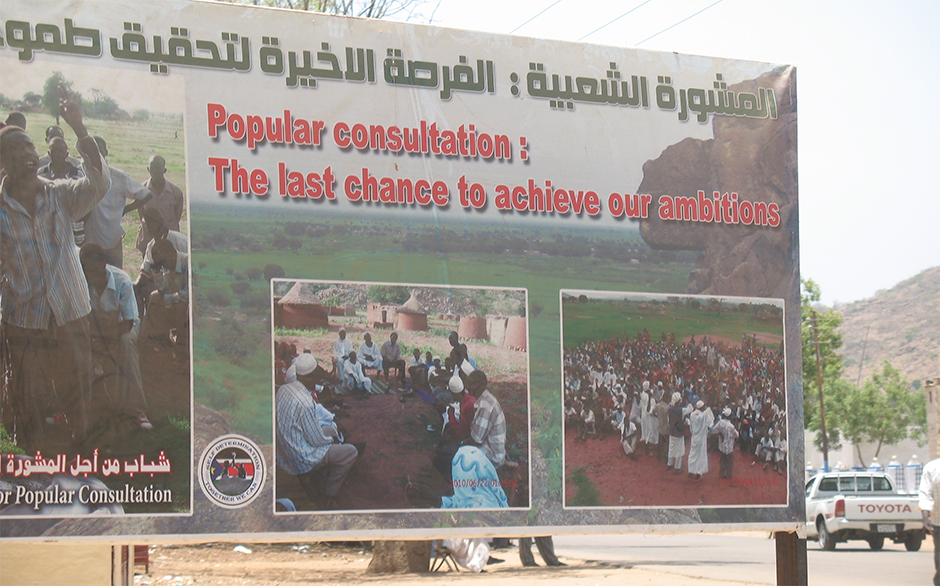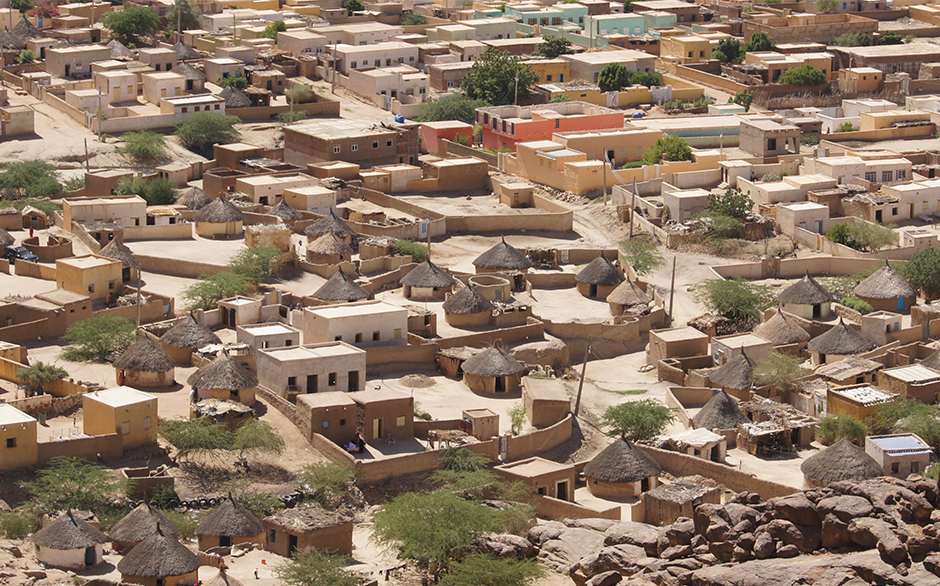
Philippe GoutFormer Member
Philippe Gout holds a PhD (2019) in International Law from Panthéon-Assas University (Paris 2). He previously earned a master’s degree in International Law and organizations at Panthéon-Sorbonne University (Paris 1) and worked for international criminal tribunals in the Hague and in Cambodia. Philippe carried out a two-years doctoral fieldwork in Sudan with the support of a doctoral scholarship from the CEDEJ research centre (CNRS) in Khartoum. He was a guest researcher in the Law & Anthropology Department at the Max Planck Institute for Social Anthropology (Halle-Saale) between October 2014 and April 2017. He is now assistant professor in Public Law in the International Relations Department at INALCO (Paris). He is also an acting UNHCR-assessor judge sitting on the French national asylum court.
Philippe’s expertise includes public international law, human rights and humanitarian law, international criminal law, theory and philosophy of law, sociology of law, and legal pluralism. Drawing from translation theories and the pragmatic sociology of critic, his PhD dissertation was entitled “The perception of the infra-state customary legal order by international law: a Sudanese experience of peacebuilding”. The international peacebuilding intervention model was conceptualized in the 1990’s by the United Nations. It originates from theoretical approaches within global administrative law that promote a materialist and alienating understanding of the concept of sovereignty and monist theories of international law. Peacebuilding aims at establishing a liberal rule of law that fosters democratic good governance and the protection of individual human rights. A close scrutiny of this international peacebuilding framework in two exemplary settings in Sudan (Darfur, and the “two areas” of South Kordofan and Blue Nile) allowed for an analysis of the legal regime of the peacebuilding model. In the interest of upholding the state’s rule of law, peacebuilding dismantles any competing infra-state legal order. Such so-called autonomous ‘customary’ orders are theorized here following Italian institutionalism (Santi Romano) and a formalist approach to law (Carlo Santulli). This enabled an understanding of how international law maneuvers the constituent elements of such legal orders. Maneuvering of infra-state customary legal orders is enacted through localized and temporary development and transitional justice programs based on the legal institution of the “trust”. The peacebuilding model consequently appears as a renewed and fleeting form of internationalized administration of territories borrowing from the League of Nations mandate or the United Nations trust systems. By drawing on customary legal orders, international law alienates the constituent elements therein at the price of an acknowledged paradox: international law denies any legal nature to the customary legal orders with which it interacts on a daily basis.
Research
Philippe’s current research interests covers three main topics. He intends to look further at one of the key insights that emerged from his PhD work, that is the legal institution of “trust” as a mechanism of funding and implementing international peacebuilding programs. He also works on an ethnography of the French asylum judicial practices of attributing categories of deservedness to asylum seekers for the purpose of assessing the merits of their claims. He is interested in the way asylum judges characterize armed conflicts in the countries of origin of asylum seekers in a way that diverges from judicial practices related to humanitarian or international criminal law. This research is being carried out in the context of two research programs to which he was either a member (AUF-PCSI 2018-2019 Being Arab Muslim Sudanese) or invited to contribute to (ANR RefWar Protection en France des réfugiés de guerre). Finally, following the Sudan revolution in 2019, Philippe is carrying out a follow-up research project (supported by CEDEJ and the French Ministry of Foreign Affairs) on peace negotiations between the Sudanese federal executive branch and the two factions of the rebel group SPLM-N from the “Two Areas”.
Publications
- Gout, Philippe (2021) "ISRAËL-SOUDAN: Obstacles juridiques à la reconnaissance d’Israël par le Soudan." in Chronique des faits internationaux, RGDIP n°1/21: 83-86.
- Gout, Philippe (2021) "Éthiopie – Conflit armé du Tigré: Échec d’un cessez-le-feu et implications juridiques de la crise humanitaire." in Chronique des faits internationaux, RGDIP n°3/21: 32-36.
- Gout, Philippe (2020) "Le ‘traditionnel’ selon la consolidation internationale de la paix: Systémique luhmannienne et infirmation de la juridicité étatique du droit coutumier au Soudan." in Droit & Philosophie: La théorie de l’État au défi de l’anthropologie 12: 59-81 , edited by Tristan Pouthier and Pierre-Marie Raynal.
- Gout, Philippe (2020) "The International Protection of Refugees: An Insight into the French Asylum Court’s Response to the Sudanese Making of Identities." in Cahiers d’Études africaines. Soudan: identités en tensions 240: 873-893 , edited by Barbara Casciarri, Alice Franck, Stefano Manfredi and Munzoul Assal.
- Gout, Philippe (2020) "Les tribulations de la justice pénale internationale: Chronique des poursuites judiciaires inquiétant l’ancien président soudanais." in Politique africaine. Soudan: Jusqu’au bout du régime al-Inqaz 158: 101-122 , edited by Jean-Nicolas Bach, Raphaëlle Chevrillon-Guibert and Alice Franck.
- Gout, Philippe (2020) "Crises et changement de direction à l’ONUSIDA." in Chroniques du droit des organisations internationales, AFDI 2019 65: 288-303.
- Gout, Philippe (2019) "Beyond the Law: The Evidentiary Making of the Darfur Genocide." in Tele-evidence: On the Translatability of Modernity’s Violence, Critical Studies 4: 25-44 , edited by Fazil Moradi and Richard Rottenburg.
- Gout, Philippe (2019) "Les avis consultatifs 'obligatoires' de la CIJ d’après Roberto Ago." in IHEI, Les grandes pages du droit international 5: 161-193. Paris: Pedone.
- Gout, Philippe (2018) "Access to Land Rights for Non-Muslims in Greater Khartoum: Disclosing the Epistemic Gap Between International and Sudanese Religious Minority Models." in Anthropology of Law in Muslim Sudan: Land, Courts and the Plurality of Practices , edited by Barbara Casciarri and Mohamed Abdelsalam Babiker, 95-124. Leiden: Brill.
- Gout, Philippe (2016) "The ICC and the Crime of Genocide: Maneuvering the Status of Minority in Darfur." Paris: Noria Research Group.
- Gout, Philippe (2015) "Le statut juridique des Noubas du Sud Kordofan et la Charte africaine des droits de l’homme et des peuples." in Les minorités ethniques, linguistiques et/ou culturelles en situations coloniales et post-coloniales (XVIIIe-XXIe siècles) , edited by Anne-Claire De Gayffier-Bonneville, Samia El Mechat and Éric Gojosso, 109-125. Poitiers: Faculté de Droit et des Sciences sociales de Poitiers.
- Gout, Philippe (2011) "La restitution des biens culturels en cas de trafic illicite." Paris: IHEI (Paris 2 Panthéon-Assas University).



